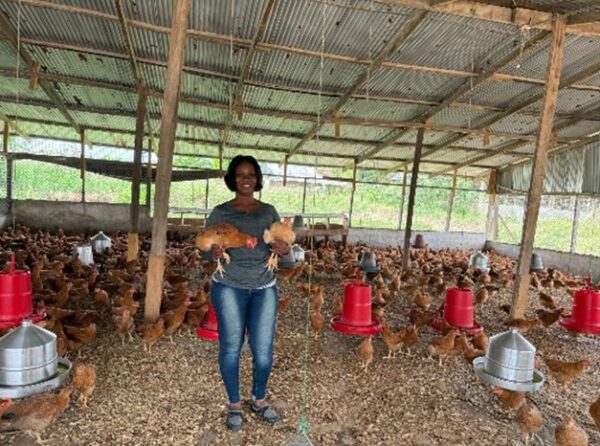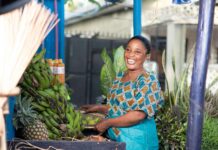Vienna – On 2-4 June, Hubbard organised its 5th Premium Forum for over 160 participants from 32 countries. Attendees came not only from almost all European countries, but also from North and South America, Africa and Asia.
During this event Alfred de Vries of the Gates Foundation gave an overview of their activities to promote the availability of affordable healthy diets for everyone in the world. In total, approximately 35% of the world population does not have access to a healthy diet. The emphasis here is on large parts of Africa, and a number of countries in Southeast Asia. In these countries, many children suffer from poor nutrition. In sub-Saharan Africa, the population will be twice as big in 2050 compared to 2010, almost 900 million more people.

And due to increased incomes and urbanisation the demand for livestock products will almost triple. In this region most animals are kept in extensive small-scale systems with limited access to quality inputs. Investments in productivity is the primary lever to improve affordability of meat and eggs. Therefore, the main focus at this moment is on using the right breeds for dual purpose use to increase productivity and resilience. Through a growing network of local breeders and hatcheries the production of day-old chick production can be increased while building links to brooder units and small-scale farmers. For this purpose, the Gates Foundation and Hubbard have recently initiated some projects, using the Hubbard Premium Dual Purpose breeds. Because: “A CHICKEN CAN CHANGE THE WORLD!”
A good example of such a project was presented by Ebenezer Kofi Yeboah of the WAFAD Group from Ghana. Through the “CHICKEN4U” project, based on a cooperative model, in 16 regions of Ghana WAFAD will deliver dual-purpose chicks, quality feed, technical support, and market access to more than 2,000 rural farmers, fostering self-sufficiency and boosting rural incomes. They are providing farmers, youth, and women with practical skills, digital tools, and entrepreneurship opportunities to drive agricultural transformation across Ghana and the wider region. Through a network of “Mother Unit Operators” (MUOs), WAFAD will place small flocks of Hubbard Premium chicks and sell the chickens at 4–5 weeks of age to local smallholder farmers, who will then raise the birds to maturity in backyards, free-range systems, or small poultry farms.








